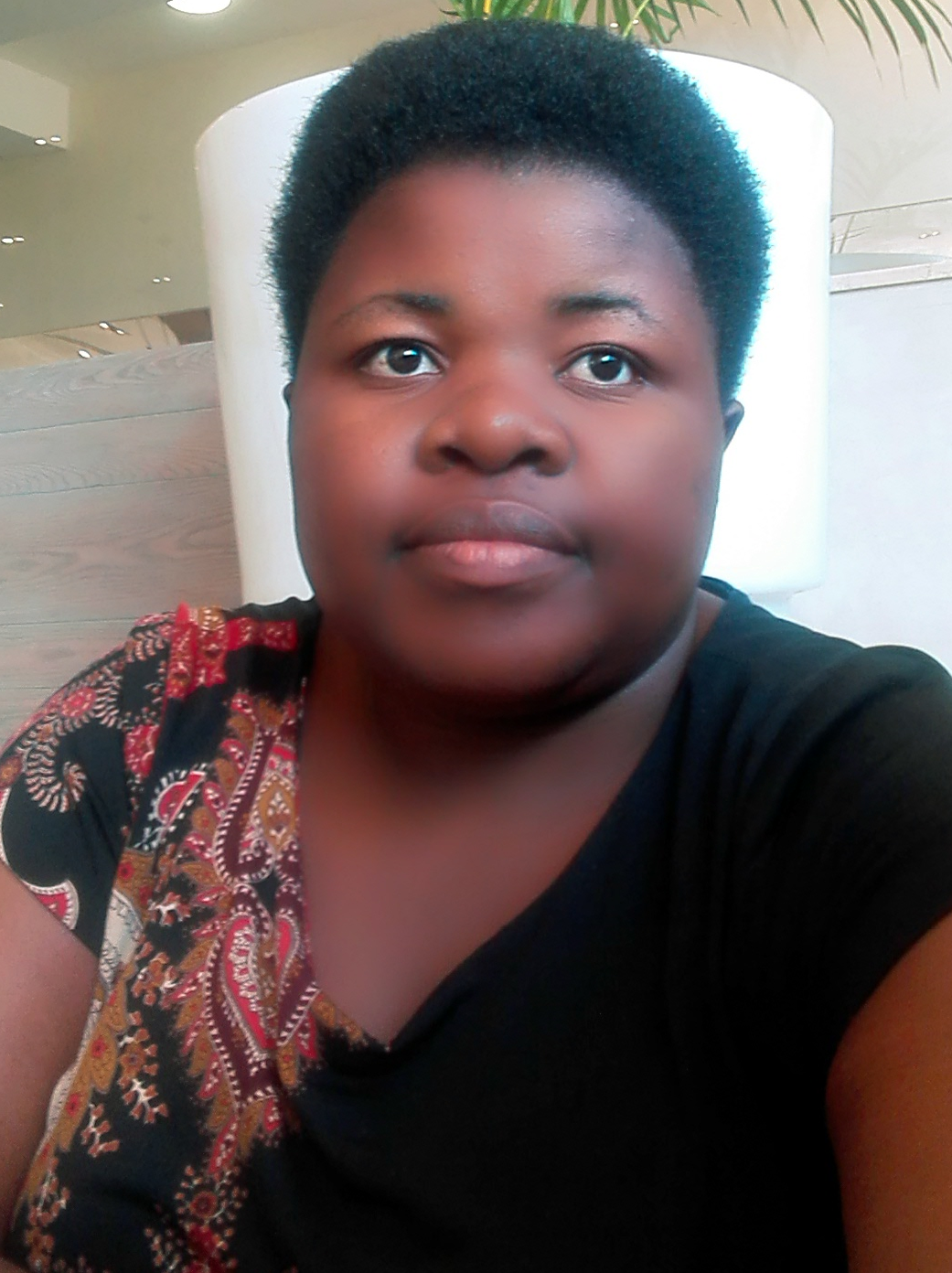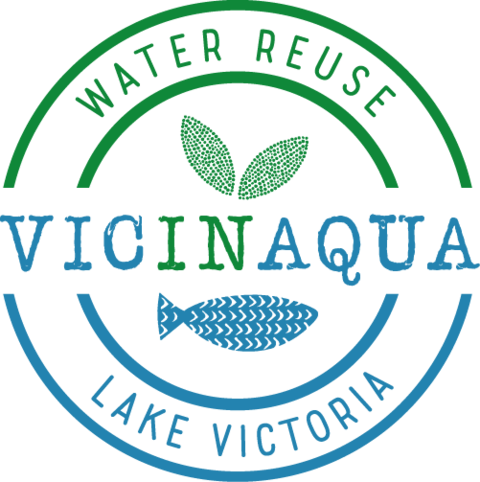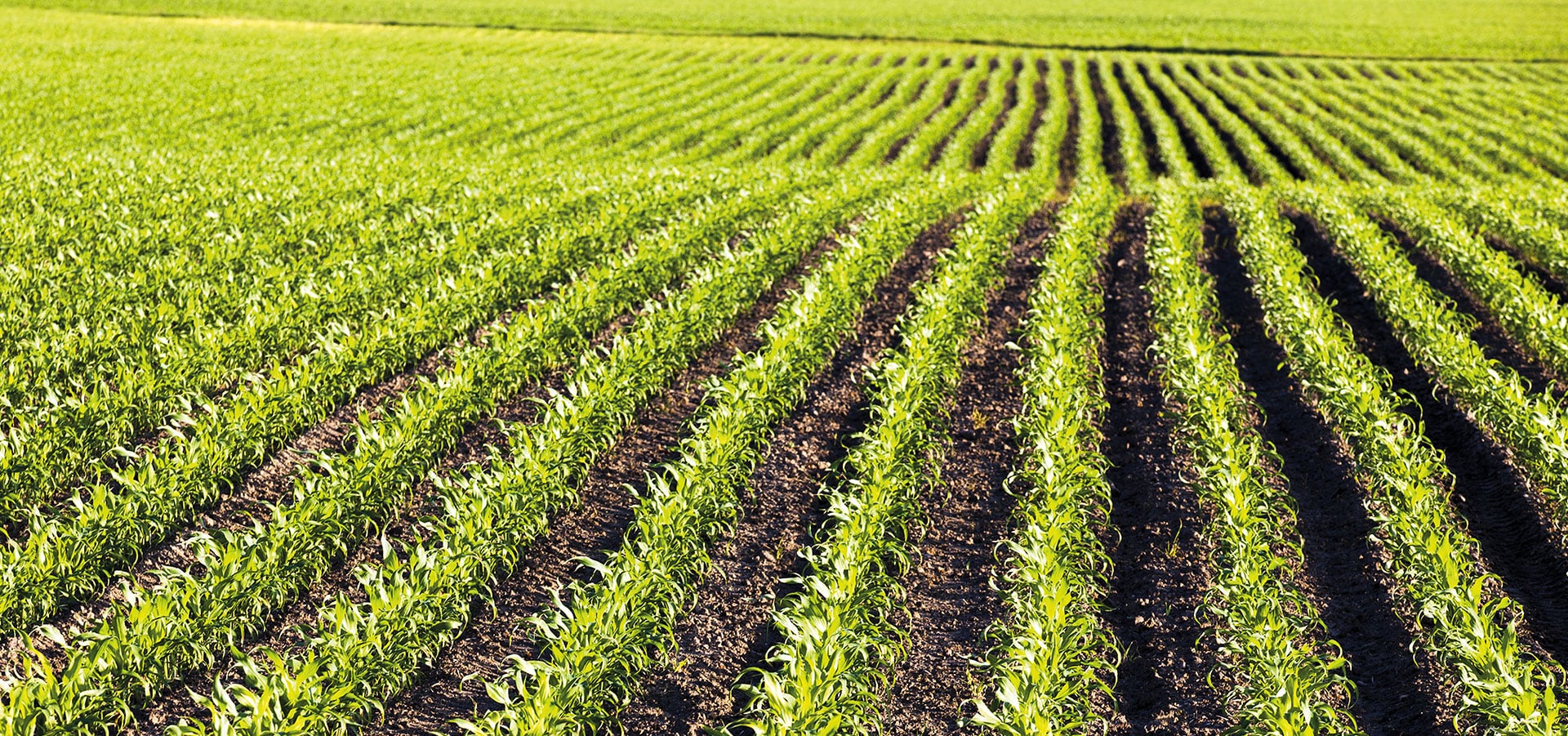Ms. Pauline Nakyewa, National Agricultural Research Organisation (NARO), Uganda
Role in the VicInaqua project: Partner
Current position: Aquaculture Research Scientist at NARO in charge of the 16 districts in the Northern Agro-Ecological Zone (NAEZ) in Uganda
Expertise: fisheries & aquaculture; ecosystems conservation & restoration; aquatic ecology; socioeconomic & environmental impact assessment; gender & policy in fisheries and aquaculture; project planning & management
Education: Msc. Limnology and wetland ecosystems, Bsc. Fisheries and Aquaculture; Certificate in project planning and management

Ms. Pauline Nakyewa is a passionate aquaculture expert with over 10 years of experience. Growing as a fish farmer and later pursuing the studies has exposed her to vast experience of the sector in the region and beyond. Through consultancy, she has constructed and backstopped fish farms/ hatcheries in East Africa, D.R. Congo, South Sudan, etc. Today she trains final year Bsc. Fisheries and Aquaculture students in fish hatchery and general fish farm management. Along her career path, she has co-developed and implemented research projects in Uganda, Kenya and South Sudan with international partners from Egypt, The Netherlands, Denmark, Thailand and USA. In the Lake Victoria Basin, she took part in the Uganda activities of Lake Victoria Environment Management Project II (LVEMP II) and African Development Bank (ADB) aquaculture enhancement project. Pauline brings this experience and skill into VicInAqua while learning new innovations for the fisheries and aquaculture sector.
Could you describe NARO’s role in VicInAqua?
NARO brings on board its vast fisheries and aquaculture expertise working not only in Uganda but with numerous international partners like the international research organization World Fish, the U.S. Agency for International Development (USAID), the Food and Agriculture Organization of the United Nations (FAO), the African Development Bank (ADB) or the European Union. We lead the socioeconomics aspects of the project where we seek to understand and unveil the perceptions, potential and economic viability of MBR and RAS innovative technologies within Lake Victoria Basin through a survey and key informant interviews. We also engage stakeholders on gender and aquaculture, as well as policy aspects of waste water management through roundtables / expert panel discussions, trainings, information sessions and study visits.
Have you been cooperating with organisations from Kenya and Tanzania before?
Yes, many joint projects have been done as we share a common resource, Lake Victoria. Among fisheries and lake management projects are the successive Lake Victoria Environmental Management Programs (LVEMP 1-3, etc.) under the East African Community (EAC), as well as Lake Victoria Basin Commission (LVBC) and Lake Victoria Fisheries Organization (LVFO) joint activities. Among joint research and development projects are for example the Eastern Africa Agricultural Productivity project (EAAP) and the Association for Strengthening Agricultural Research in Eastern and Central Africa (ASARECA).
NARO has been involved in further international projects. What convinced you to participate in VicInAqua in particular?
As an agricultural research body, VicInAqua’s innovative concept not only fit in our mandate (agriculture and aquaculture - RAS) but uniquely broadened our scope to include wastewater treatment innovations. We were excited about the holistic (along the fish value chain) yet integrated approach for increased fish production while saving water (reuse), ensuring sustained agricultural production and conserving the lake ecosystem (pollution reduction).
What have been your main challenges in VicInAqua?
As NARO, our biggest challenge was to fully conceptualise the new technology MBR so as to explain it easily to the local technical wastewater engineers and other stakeholders. With this successfully overcome, the biggest challenge for NARO and all the VicInAqua team is to bring to actualisation cost-effective fully functional and yet low maintenance RAS and MBR systems because the stakeholders are already eager to adopt/ buy them.
Which benefits do you expect from VicInAqua for Uganda and for Lake Victoria?
Uganda and Lake Victoria have a lot to benefit. Among the benefits of a clean lake: increased wild fish catches; healthy human populations. Among the benefits of conscious water management: agricultural production sustained all year round; bigger profit margins for processing industries due to decreased water consumption. We noticed the local market is already eager for the VicInAqua solutions MBR, RAS and monitoring system because they are addressing challenges that have negatively impacted the local industries for long.
Thank you Pauline Nakyewa - Looking forward to your progresses!


